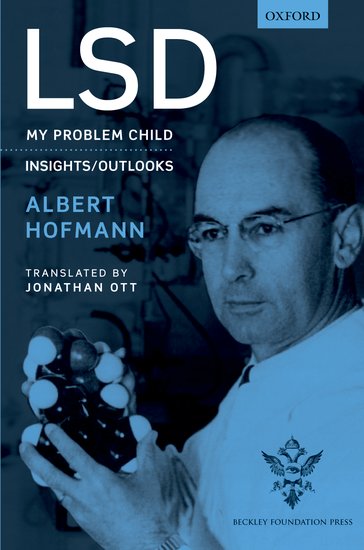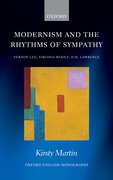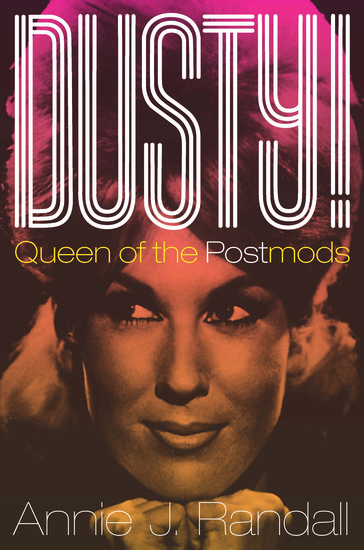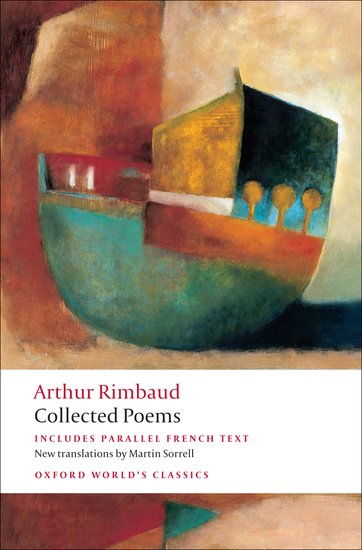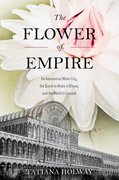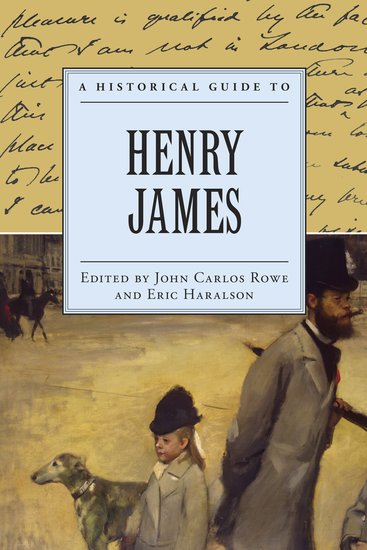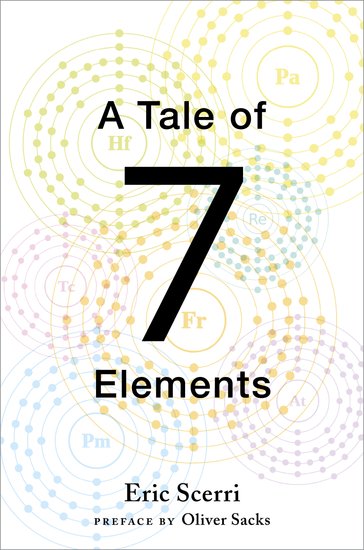Jackie Robinson and Branch Rickey
15 April 2013 marked the fifth Jackie Robinson Day, commemorating the 66th anniversary of Jackie Robinson’s debut with the Brooklyn Dodgers, an event which broke baseball’s racial barrier. In each game that is now played on 15 April, all players wear Jackie Robinson’s iconic #42 (also the title of a new film on Robinson). Thirty years ago, historian and ardent baseball fan Jules Tygiel proposed the first scholarly study of integration in baseball, shepherded by esteemed Oxford editor, Sheldon Meyer: Baseball’s Great Experiment.



